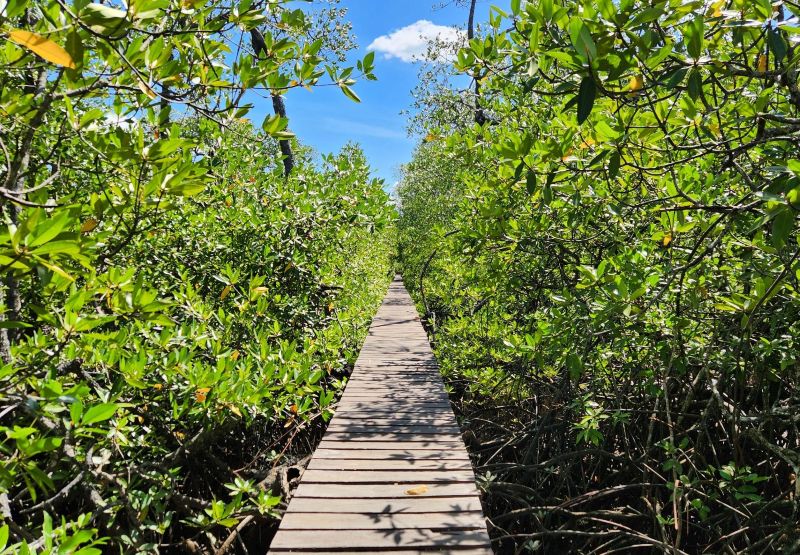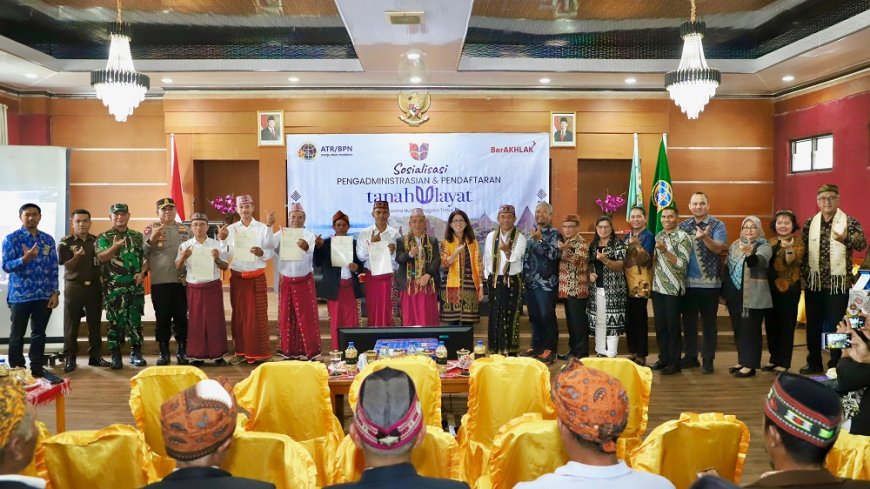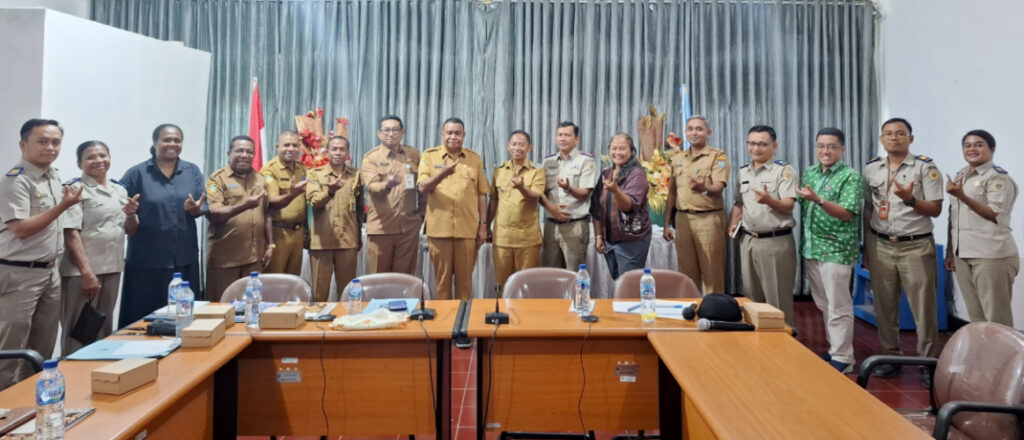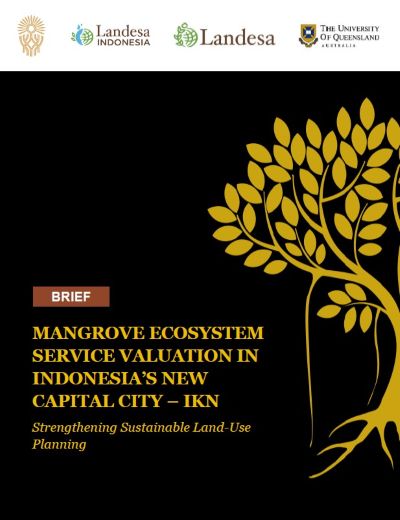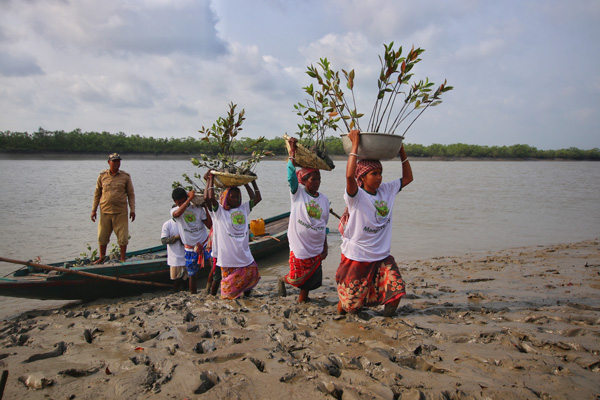Indonesia
Goal: Through law and policy development, in collaboration with government, civil society, and communities, strengthen coastal and upland land and forest rights for Indonesia’s 115 million rural people.
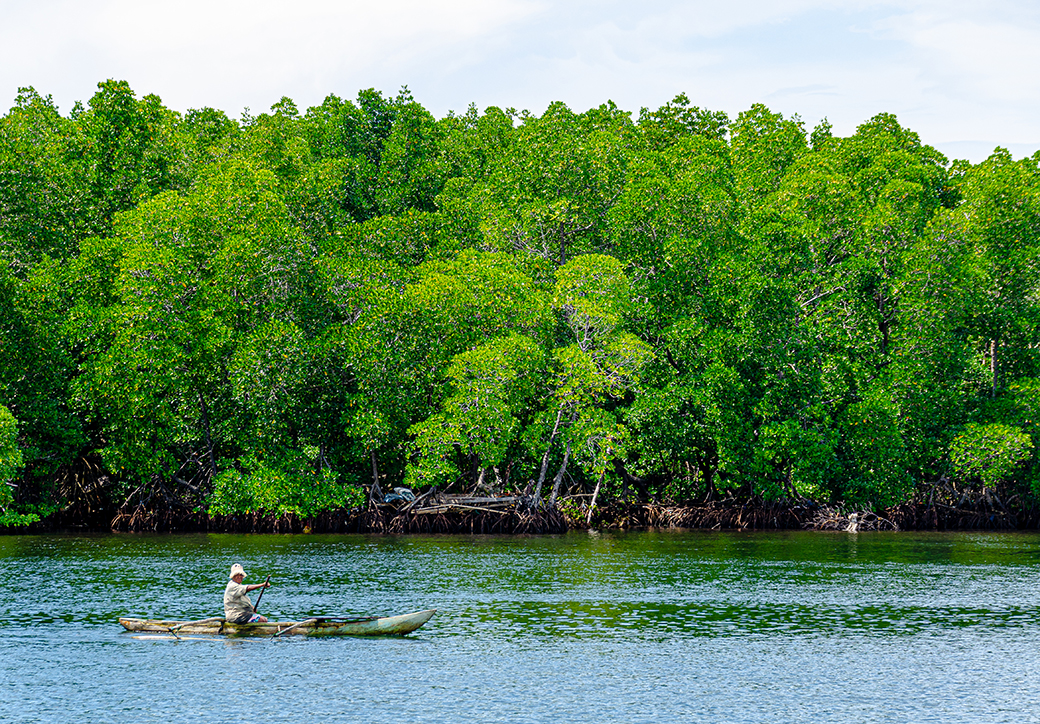
Protecting land, forests, and fisheries in Southeast Asia’s largest country.
Indonesia, the fourth most populous country in the world, has a rural population of more than 115 million—nearly half of the nation’s total residents. For these communities, land is central to their livelihoods, whether through farming, fishing, or forests.
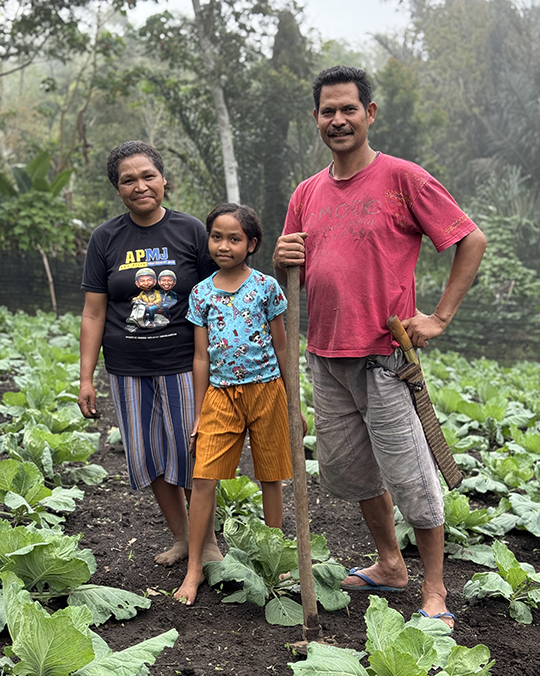
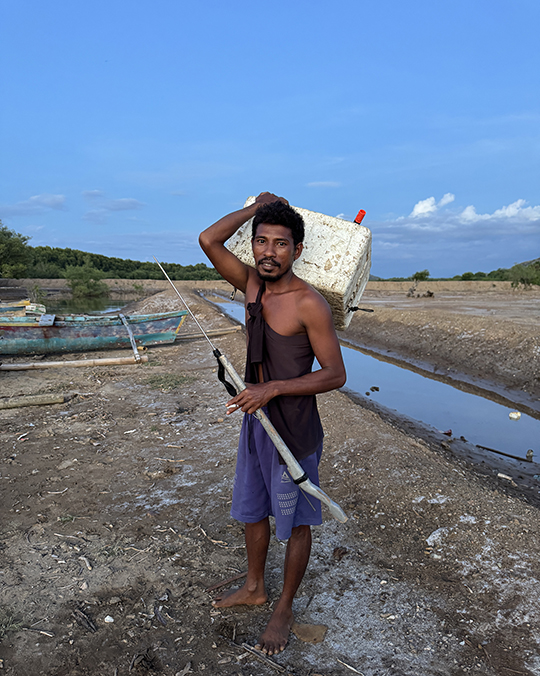
Tens of millions of families in rural Indonesia live and work on extremely insecure land:
- Smallholder farmers are reluctant to make long-term investments necessary to increase yields.
- Communities face threats to their fisheries from external development.
- Indigenous residents lack formal rights to steward the forests, land, coastal, and marine areas they call home.
After years of research and periodic assistance to the government of Indonesia, Landesa began working full time in Indonesia in 2021, collaborating with the Ministry of Agrarian Affairs to advise on law and policy. These efforts continue today, and are now led by a locally registered organization with additional close partnerships with the presidentially-appointed Agrarian Reforms Task Force, the Ministry of Agrarian Affairs and Spatial Planning, and the Ministry of Marine Affairs and Fisheries. Our work spans national and regional policy advocacy, provincial land titling support, and collaboration with local civil society organizations, supporting coastal communities’ tenure rights recognition and customary land registration of Indigenous Peoples in several provinces including the critical region of Papua.
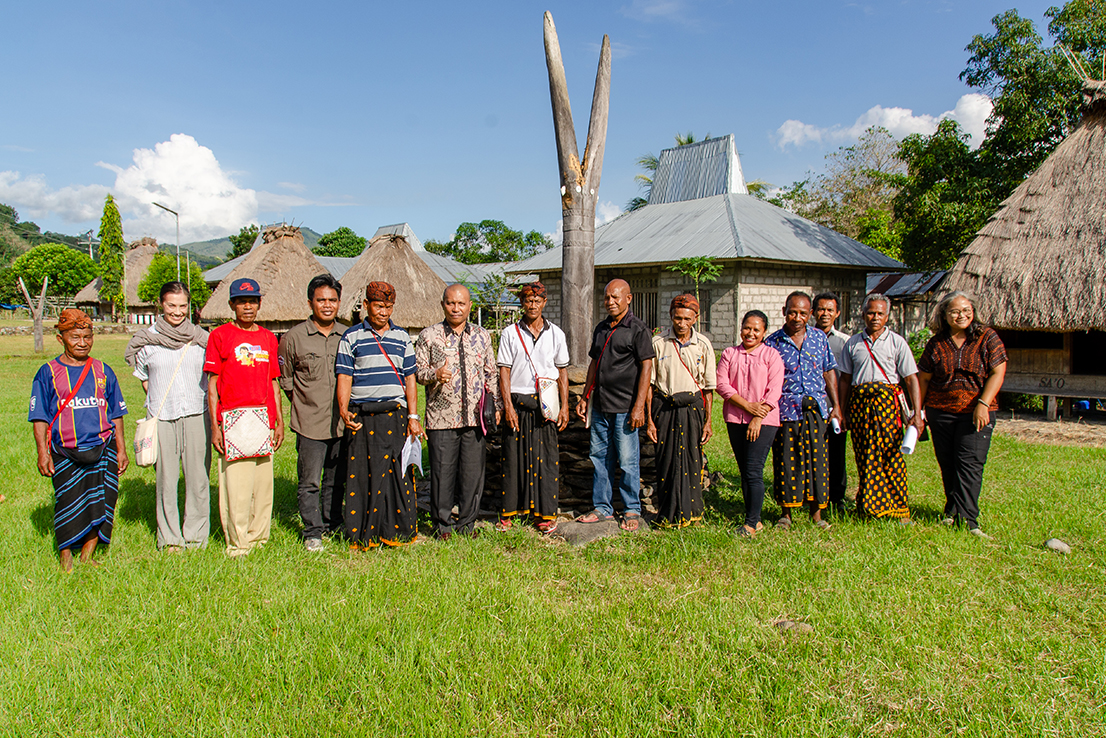
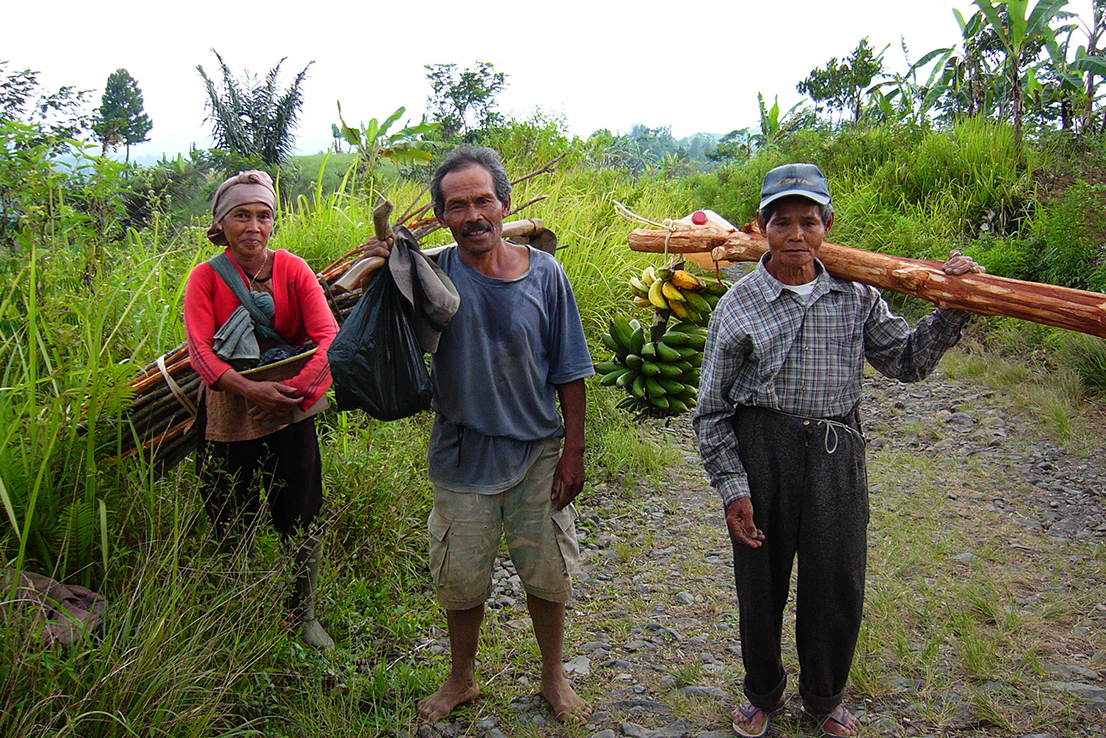
Our work
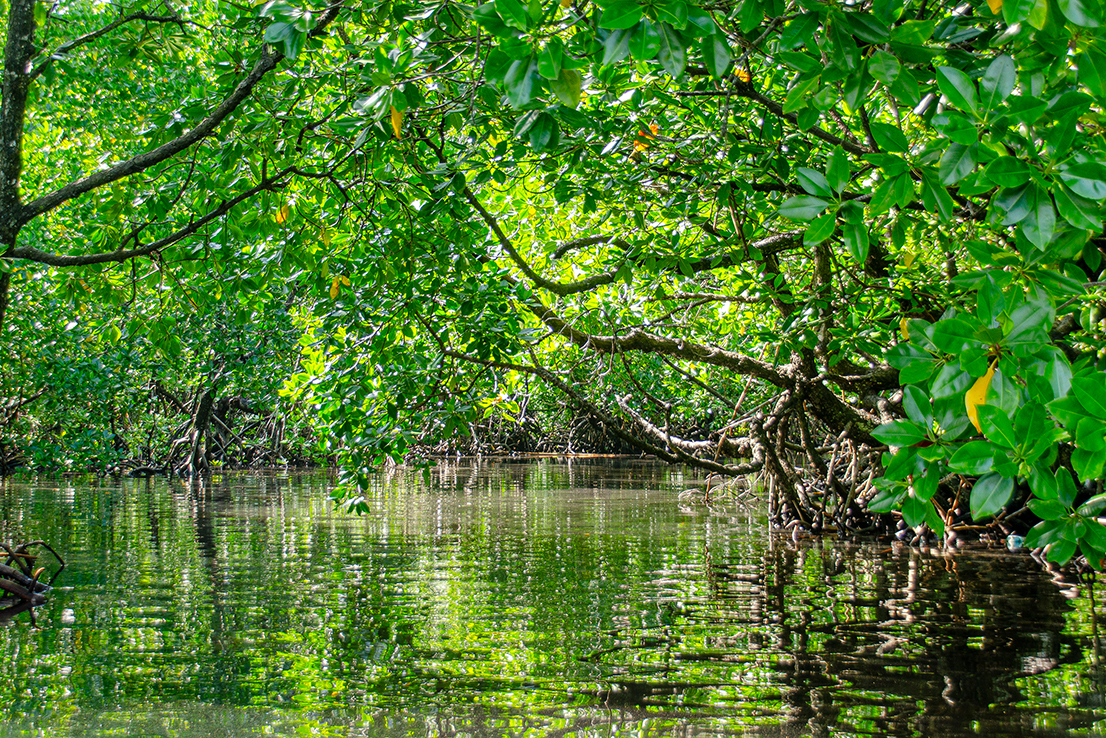
Coastal Livelihoods and Mangroves Project
Indonesia is home to the largest and most diverse mangrove forest in the world. These 3.5 million hectares of mangroves sequester 733 million metric tons of carbon and offer livelihoods and weather protection to nearly 50 million coastal residents. As part of the regional Coastal Livelihoods and Mangroves Project, Landesa conducts national-level policy advocacy and community pilots to strengthen land rights for coastal communities that protect this vital resource.
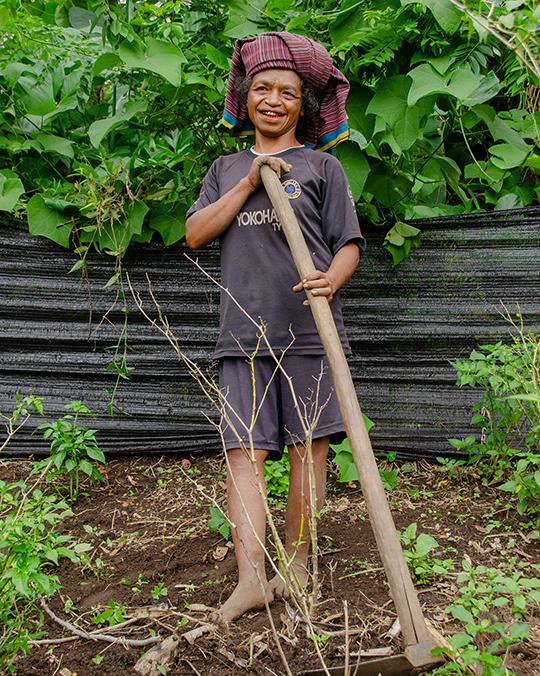
Customary Land Titling
A systematic land titling program in the provinces of Papua threatened Indigenous forest and coastal mangrove communities in its initial design. Landesa advised the Government of Indonesia to instead implement customary land registration and communal land titling carefully, in accordance with the identification and inventory of the province’s five million residents, recognizing their customary land and protecting their livelihoods.
This initiative has the potential to protect up to 100 million acres of some of the most pristine upland and coastal forests in the world.
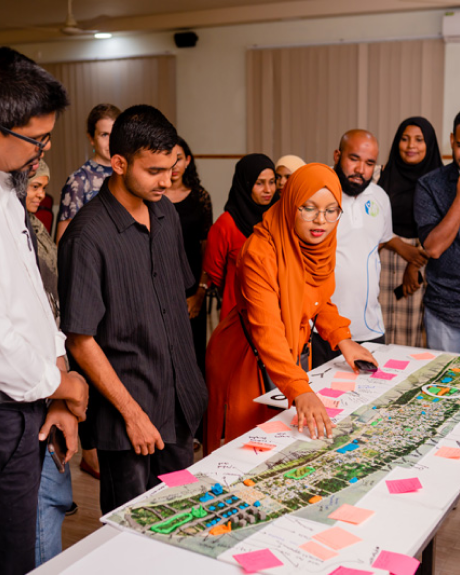
Land and Policy Advocacy
Landesa works closely with the presidentially-appointed Agrarian Reform Task Force (GTRA) to advise on policies that strengthen community rights over land. In 2022, Landesa contributed recommendations for the Wakatobi Declaration, a policy intended to address land issues through collaboration among national government, local governments, and institutions. Landesa policy experts advised the government on key provisions related to mangrove conservation, Indigenous community participation, and gender-responsive programming. In 2023, the GTRA followed with the Karimun Declaration, which named mangrove conservation, and coastal land rights to protect these mangrove forests, as top policy priorities. Following the enactment of the Ministry of Agrarian Affairs and Spatial Planning’s Regulation 2024/14 on Customary Land Administration and Registration, Landesa has been supporting the ministry to carry out the implementation of the regulation to make sure it is carried out with free, prior, and informed consent principles, apart from helping out to find the most effective way to register customary land. Landesa continues to build on this momentum to secure the rights of millions of rural Indonesians, including more than 50 million Indigenous Peoples.

